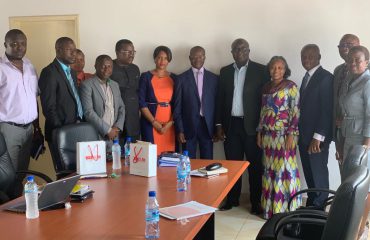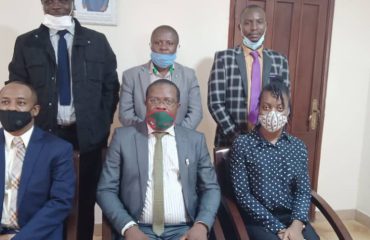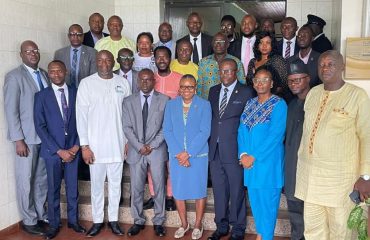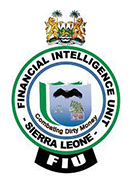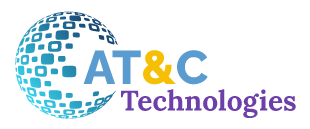FIU trains on money laundering and terrorism financing risk assessment
The Financial Intelligence Unit (FIU) with support from GIABA and World Bank on Tuesday commenced a three day national Money Laundering and Terrorism Financial Risk Assessment workshop at the Hill Valley Hotel in Freetown. The aim of the assessment is to lead to the determination of cost effective and proportionate ant-money laundering program of work, which prioritizes those areas of highest risk for management.
Director of FIU, Ahmed Kamara, said the exercise is designed to be country owned and country driven. The exercise has been structured in accordance with the World Bank National Risk Assessment (NRA) tool but that is not to say that we cannot modify it to reflect our peculiar circumstances. He said eight Working Groups have been set up to examine the risks and drivers of Money Laundering (ML) and Terrorism Financing (TF) in the following sectors: Crime Proceeds (SLP); National Vulnerability (ONS); Banking Sector (BSL); other Financial Institutions (NRA); Insurance Sector (SLICOM); DNFBPs (SPU); Securities (SEC) and Financial Inclusion (BSL). Mr. Kamara said these group leaders and their group members come to this process with an impeachable pedigree from their different works of life and what these groups will be doing in the next nine months is to collect, input, analyze and compile data; make presentations and compile reports.
Commissioner of the Anti- Corruption Commission (ACC) Joseph Fitzgerald Kamara said the NRA is a government-wide exercise that seeks to enhance and deepen our collective understanding of money laundering in the country. He added that a National Risk Assessment evaluates the nature and extent of a country’s exposure to potential external and internal risks. Mr. Kamara reiterated that “the ease with which money and valuables can now move across borders means that regulatory authorities and enforcement agencies within and among countries must cooperate and coordinate to address emerging risks”. The Commissioner said that Africa stands at a crossroads. Economic growth has taken root across much of the region. Exports are booming, foreign investment is on the rise and dependence on aid is declining. Governance reforms are transforming the political landscape. Democracy, transparency and accountability have given Africa’s citizens a greater voice in decisions that affect their lives.
Country Director, World Bank, Ato Brown, noted that in 2012, the international standards for anti- money laundering and the countering of the financing of terrorism were slightly revised and a new requirement was added requiring all countries to undertake a National AML/CFT Risk Assessment. He said this new requirement is to ensure that AML/CFT System will be designed in a way that ensures scarce resources will be aimed at mitigating the most serious risks, threats and vulnerabilities facing the country.
Mr. Brown said all countries are now trying to meet the new international obligation, so Sierra Leone is a trail blazer in undertaking this work, as only a handful of countries have begun.
GIABA Director of Research and Planning, Mu’aza Umar said the World Bank conducted the AML/CFT Assessment of Sierra Leone and the Detailed Assessment Report was adopted by GIABA in June 2007. He said the Report revealed the status of AML/CFT of the country as that period. Since then a lot progress has been recorded by the country in all areas-legislation, regulation, enforcement, compliance by reporting entities and greater international cooperation. Mr. Umar said the Assessment will identify ML/TF mechanisms , methods and techniques used by criminals, individuals and groups, and their associates in the country; determine or estimate the extent to which criminals employ the identified mechanisms, methods and techniques to launder the proceeds of crime through financial gateways, including the informal sector; assess the general political and socio-economic factors of the country that could facilitate ML/TF or hinder effective implementation of AML/CFT measures and to assess and determine the general sectoral ML/TF risks in the financial and designated non-financial sectors.
In his keynote address, Deputy Minister of Justice, Arrow John Bockarie, reiterated that “the menaces of money laundering and terrorism financing can no doubt lead to the breakdown of the orderliness of legitimate businesses, interfere with economic and other state policies, distort market conditions and ultimately create serious systemic risk. Where financial institutions are involved in or tolerate money laundering, the result is often distress and collapse,” the Deputy Minister maintained, adding “as a government, we regard the National Risk Assessment as a critical ingredient to strengthening the country’s AML/CFT regime. The National Risk Assessment is a direct response to Recommendation 1 of the Financial Action Task Force (FATF) revised standards”. The Minister assured of government’s commitment to the fight against money laundering and terrorism financing, noting that they are menaces that affect not only the domestic economy but have far- reaching consequences for the region and the global economy if left unchecked. “As a responsible nation within the global community, we feel beholden to join the rest of the world in the fight against these twin evils,” Minister Bockarie committed. He said as a demonstration of government’s firm commitment to the fight against the two financial menaces, it passed the AML/CFT Act 2012 into law, established the Financial Intelligence Unit as an autonomous institution to coordinate the country’s efforts in the rollout of international standards across all sectors.


